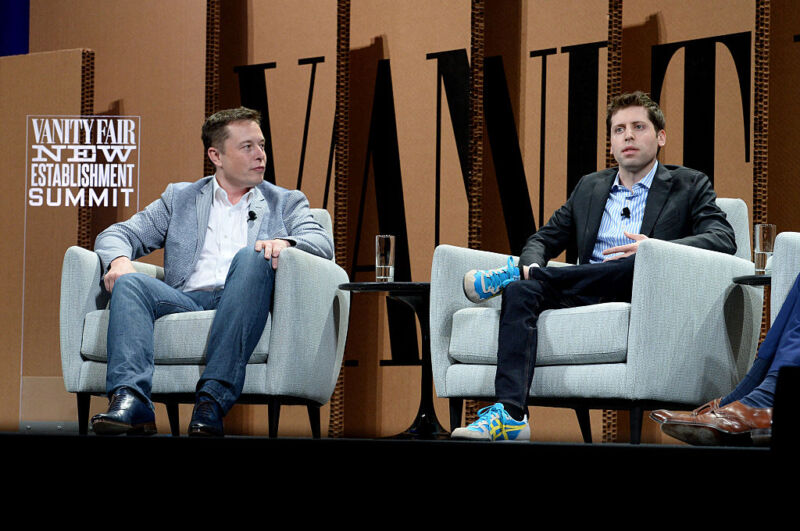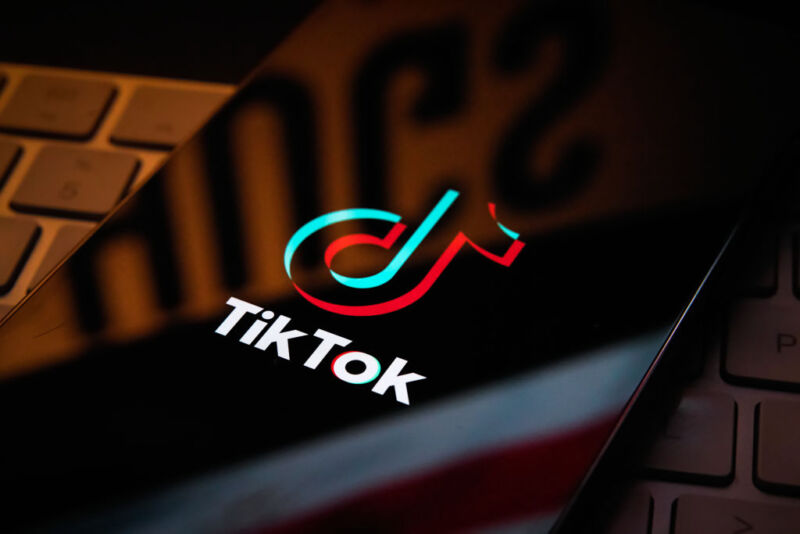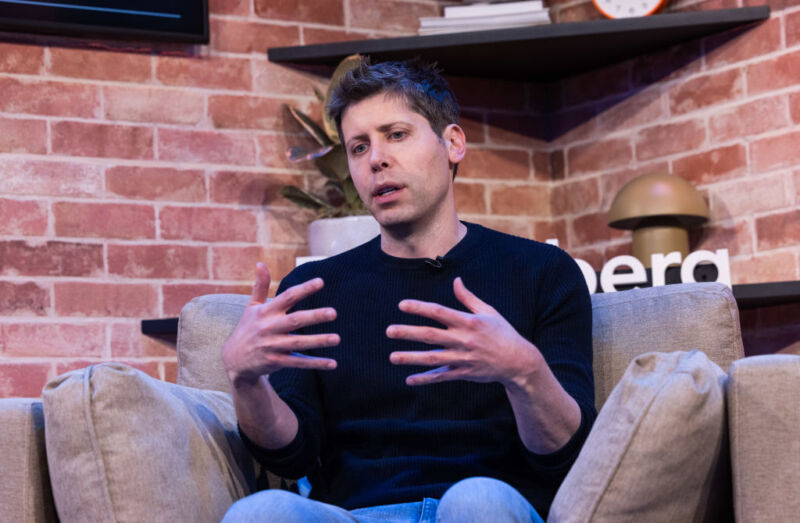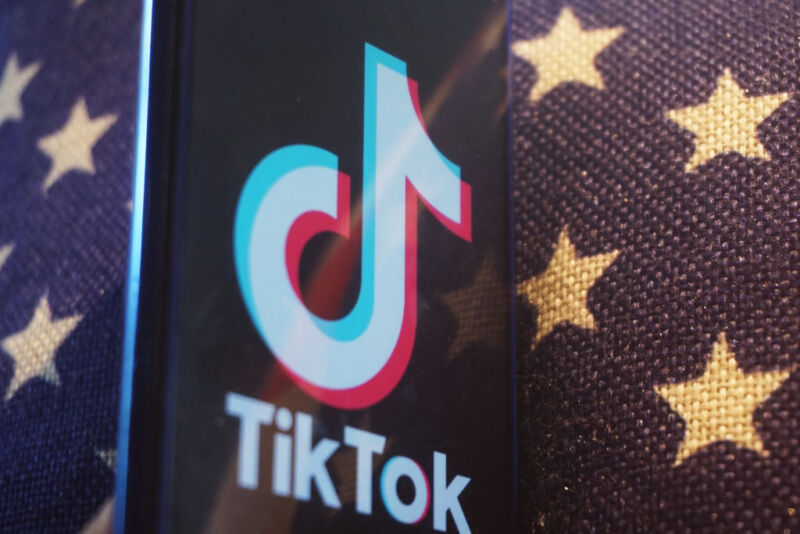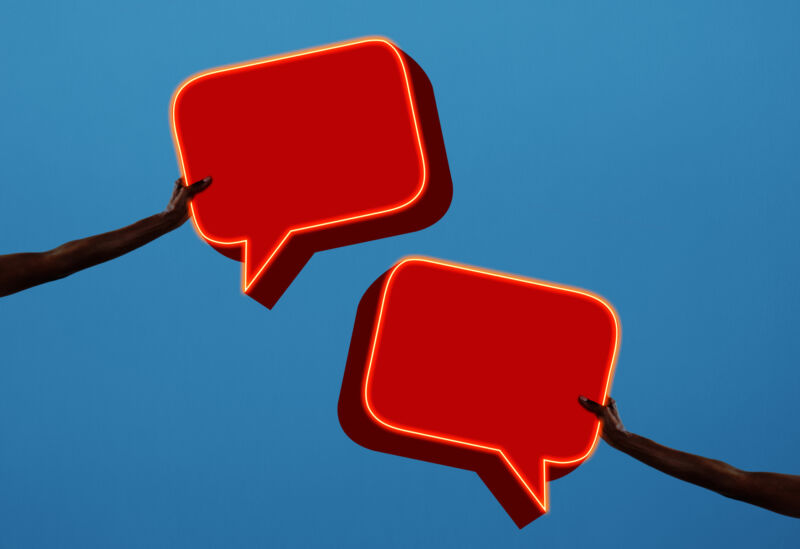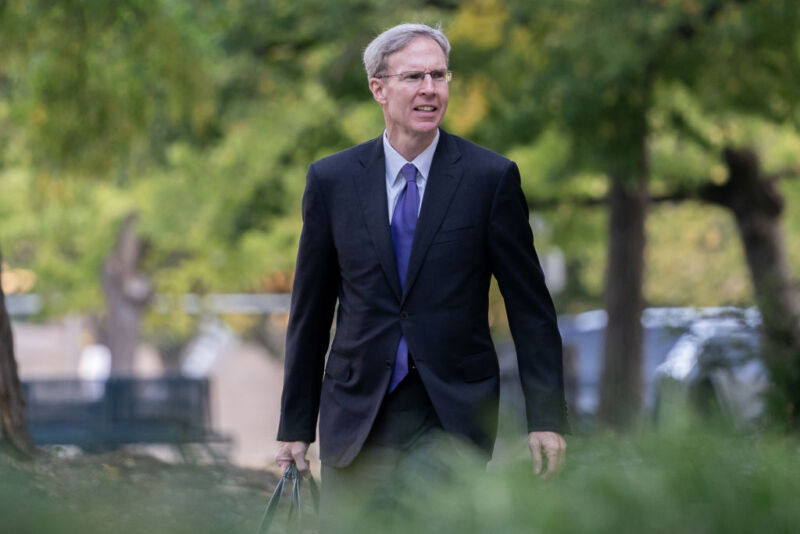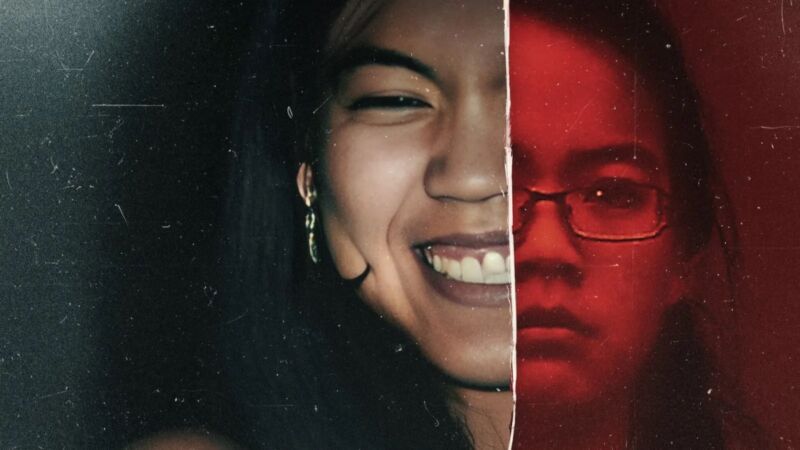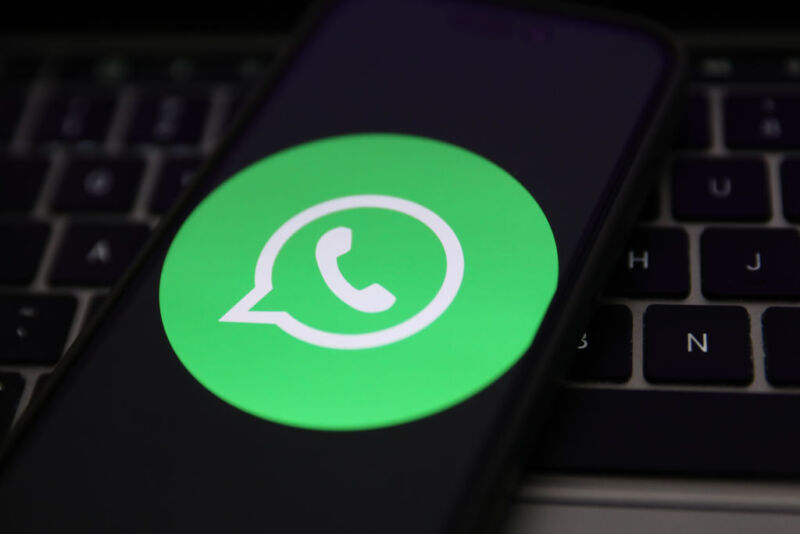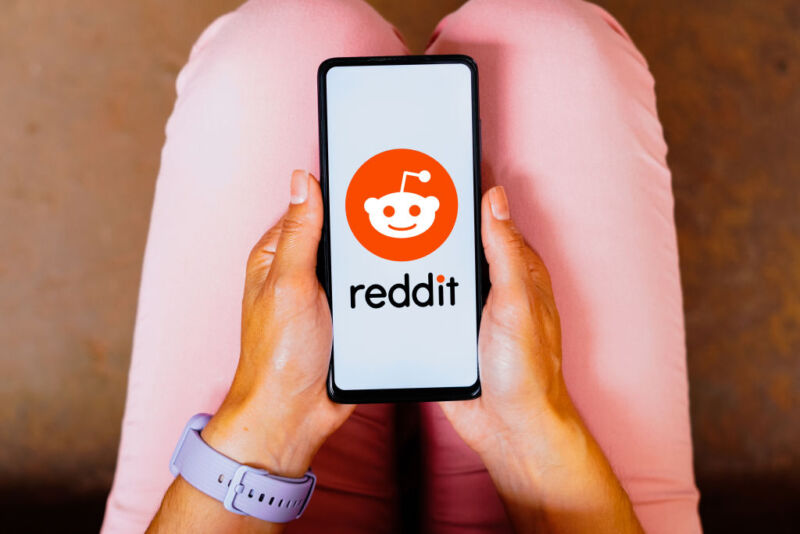Google loses DOJ’s big monopoly trial over search business
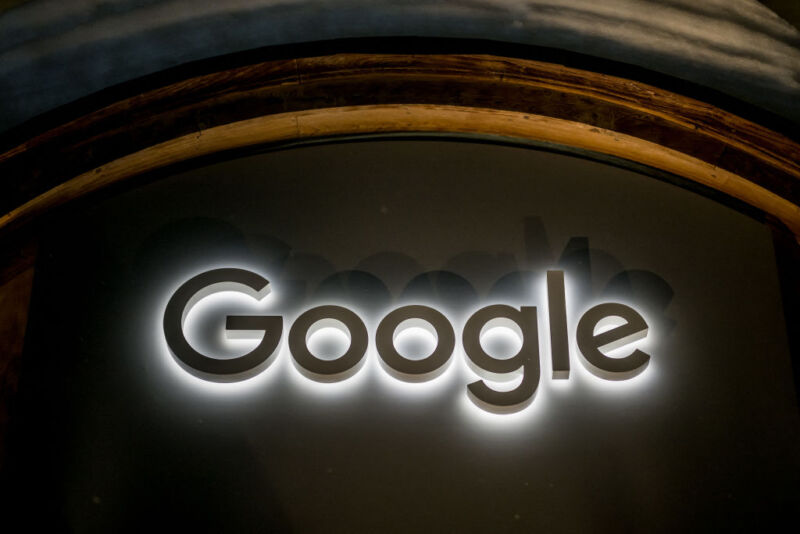
Enlarge (credit: FABRICE COFFRINI / Contributor | AFP)
Google just lost a massive antitrust trial over its sprawling search business, as US district judge Amit Mehta released his ruling, showing that he sided with the US Department of Justice in the case that could disrupt how billions of people search the web.
"Google is a monopolist, and it has acted as one to maintain its monopoly,” Mehta wrote in his opinion. “It has violated Section 2 of the Sherman Act.”
The verdict will likely come as a shock to Google, which had long argued that punishing Google for being the best in search would be "unprecedented" and frequently pointed to the DOJ's lack of direct evidence. However, Mehta found the limited direct evidence compelling, especially "Google’s admission that it does not 'consider whether users will go to other specific search providers (general or otherwise) if it introduces a change to its Search product.'"

